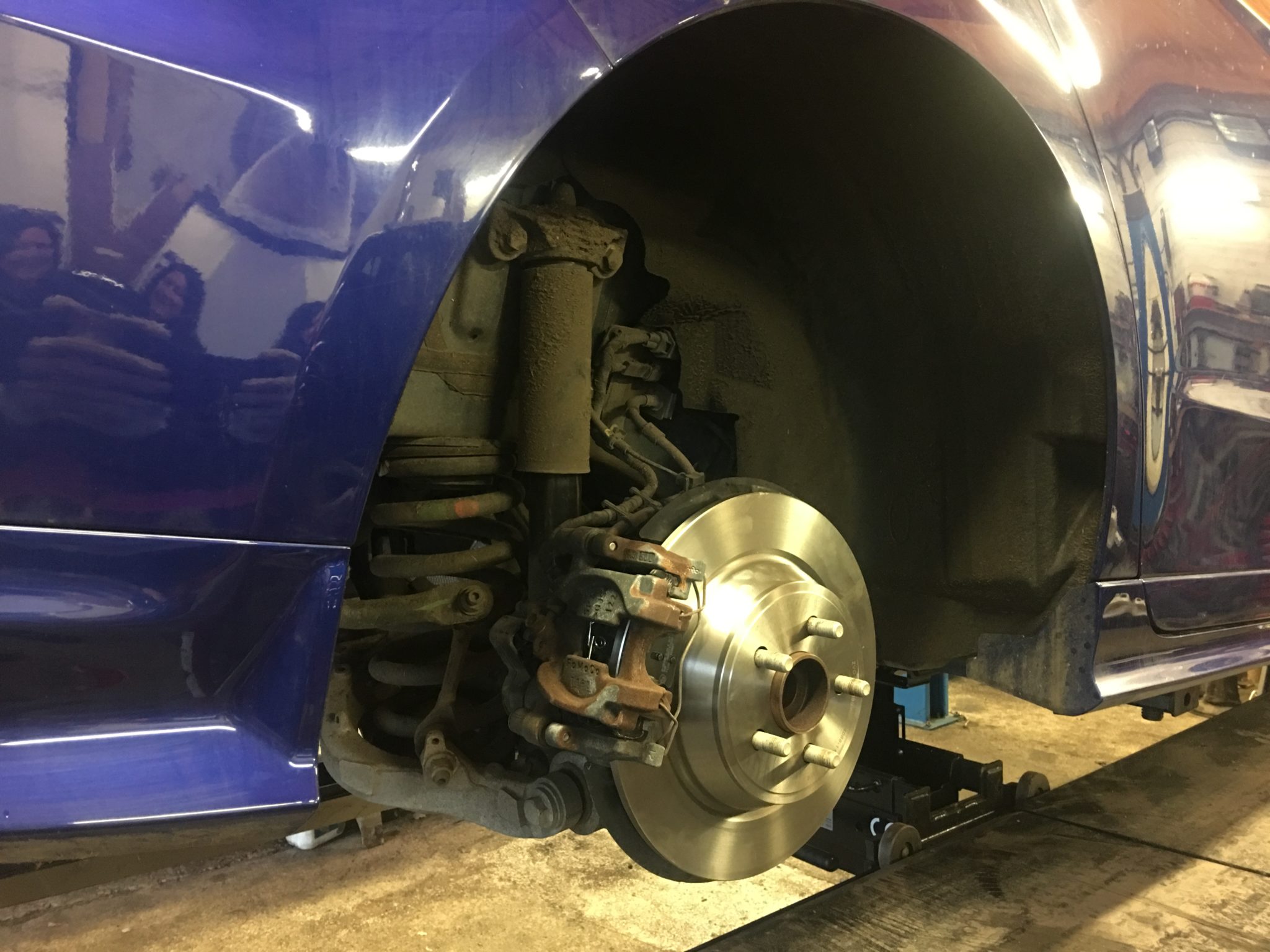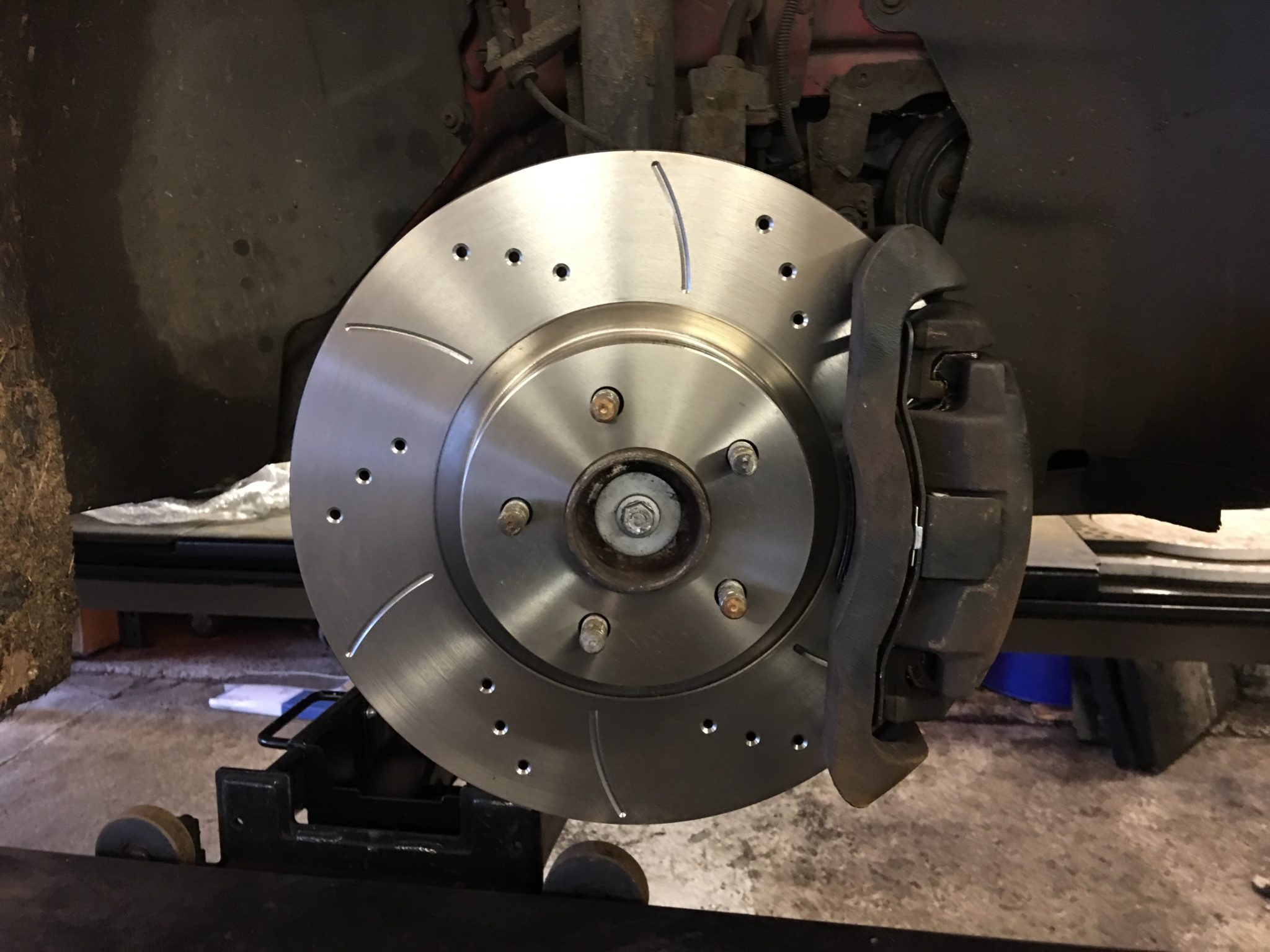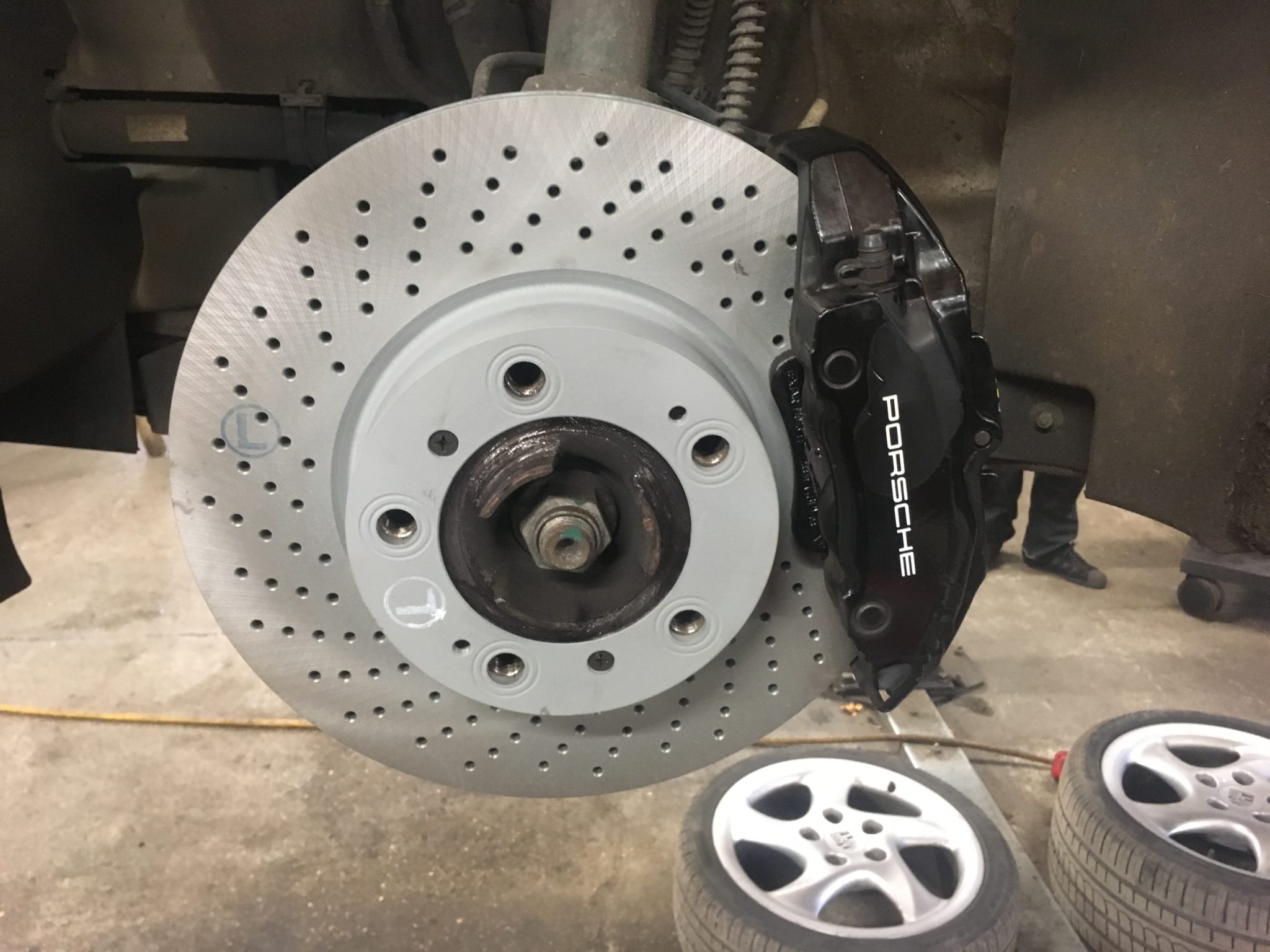Understanding Your Car’s Braking System
You may never have really thought about how your brakes work — other than knowing that pressing the middle pedal makes the car stop. But since brakes are one of the most important safety systems on any vehicle, it’s worth understanding how they function.
Your braking system is made up of several key components that all work together to bring your car safely to a halt:
Brake Pads
Fitted in pairs to each brake disc, the pads are made from a durable, heat-resistant compound that provides a high level of friction against the disc. This friction is what ultimately slows the car down.
Brake Drums
Although less common on modern vehicles, brake drums are still used on the rear of some smaller or lower-powered cars. The brake shoes are housed inside the drum, and when you press the brake pedal, the shoes are forced outward onto the drum’s inner edge, slowing the car.
Brake Calipers
Calipers come in many shapes and sizes and use one or more hydraulically actuated pistons to press the pads against the disc. The more pistons a caliper has, the more evenly the braking force is distributed. Larger calipers with more pistons can accommodate bigger pads — increasing friction and improving stopping power.
Brake Servo (Booster)
The servo works with the master cylinder to multiply the force you apply to the brake pedal. It uses either engine vacuum or a pump (depending on the engine type) to assist braking. Without it, the brakes would feel very hard and require much more effort to operate. The servo only functions when the engine is running.
Master Cylinder
The master cylinder converts the mechanical pressure of your foot on the brake pedal into hydraulic pressure. As you press the pedal, pistons inside the cylinder move and push brake fluid through the system to the calipers or drums.
Attached to the master cylinder is the brake fluid reservoir, which holds the fluid needed to transfer that pressure throughout the system.
Brake Pipes & Hoses
These are the network of pipes that carry brake fluid between components. Most are made of copper for durability, but where they connect to moving parts like the calipers, flexible rubber hoses are used to allow wheel movement and suspension travel.
ABS Pump (Anti-lock Braking System)
The ABS pump is part of your car’s advanced safety system. It prevents the wheels from locking under heavy braking by rapidly pulsing the brakes on and off — a vibration you can often feel through the pedal.
Wheel sensors constantly monitor rotation, and when a wheel stops turning, the ABS pump adjusts the fluid pressure to restore grip and maintain control.
Brake Checks & Repairs at GS Carcare
At GS Carcare, we offer comprehensive brake inspections, repairs, and replacements for all makes and models. Our technicians use the latest diagnostic and safety equipment to ensure your braking system performs exactly as it should — keeping you, your passengers, and other road users safe.
If you notice any squealing, grinding, or reduced braking performance, book your vehicle in with our team today for a professional brake check.







